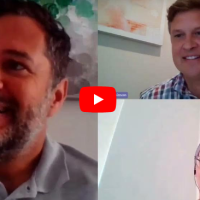By Chally Kacelnik
Purpose is critical. It’s all too easy to assume that you and others are on the same page – or that your own understanding of a purpose won’t shift over time if it isn’t documented. Whether you are addressing the purpose of an organisation, a project, or a task, if purpose is unclear, lots can go wrong.
One famous example of this is the Ford Edsel. In 1957, Ford launched their flagship Edsel car. There was a lot of initial excitement about what was marketed as the “car of the future”. This collapsed when the Ford team couldn’t determine what they wanted to achieve with it.
The Ford team didn’t have a consistent basis for decision making, and weren’t able to explain the appeal of the car or justify their design choices (which resulted in quality issues). Without a clear idea of what market niche they wanted to fill, they showed 18 variations of the car at the launch. The design they ended up with didn’t meet the public’s needs or the expectations set by hyped up marketing. Ford lost $350M USD – about $2.4B USD today.
Or take the Garden Bridge in London. Transport for London planned to establish the bridge over the Thames, covered in greenery. There was a lot of initial enthusiasm, but the project crumbled. The mayor of the day, Boris Johnson, said that he ‘wasn’t really sure what it was for’.
Without the foundation of a clear purpose, decision making was ultimately ‘driven by electoral cycles rather than value for money,’ according to the independent review of the project by Dame Margaret Hodge. It became publicly controversial. The project ultimately couldn’t gather the needed support or money, and new mayor Sadiq Khan cancelled it in 2017 – after £53M had been spent.
I’m sure you can think of lots of examples of getting it right, too – JFK announcing the mission to put a man on the moon by the end of the 1960s springs to mind. The point is that purpose will keep you on target. Keep it simple, clear, and practical. If the purpose only sounds like so many words or too high concept, people might not let you know that they can’t make sense of it for fear of embarrassment. Articulating it will help you confirm you’ve really nutted out what you should be doing.
Purposeful work is driven by a well-articulated purpose. Save yourself misdirected effort, money, and frustration by explicitly documenting the purpose of what you’re doing, large or small. You’ll build a bridge to somewhere you want to go.
At LKS Quaero, we help organisations to plan with purpose in order to get work done well. For more information, visit us at lksquaero.com or follow us on LinkedIn and Facebook.










